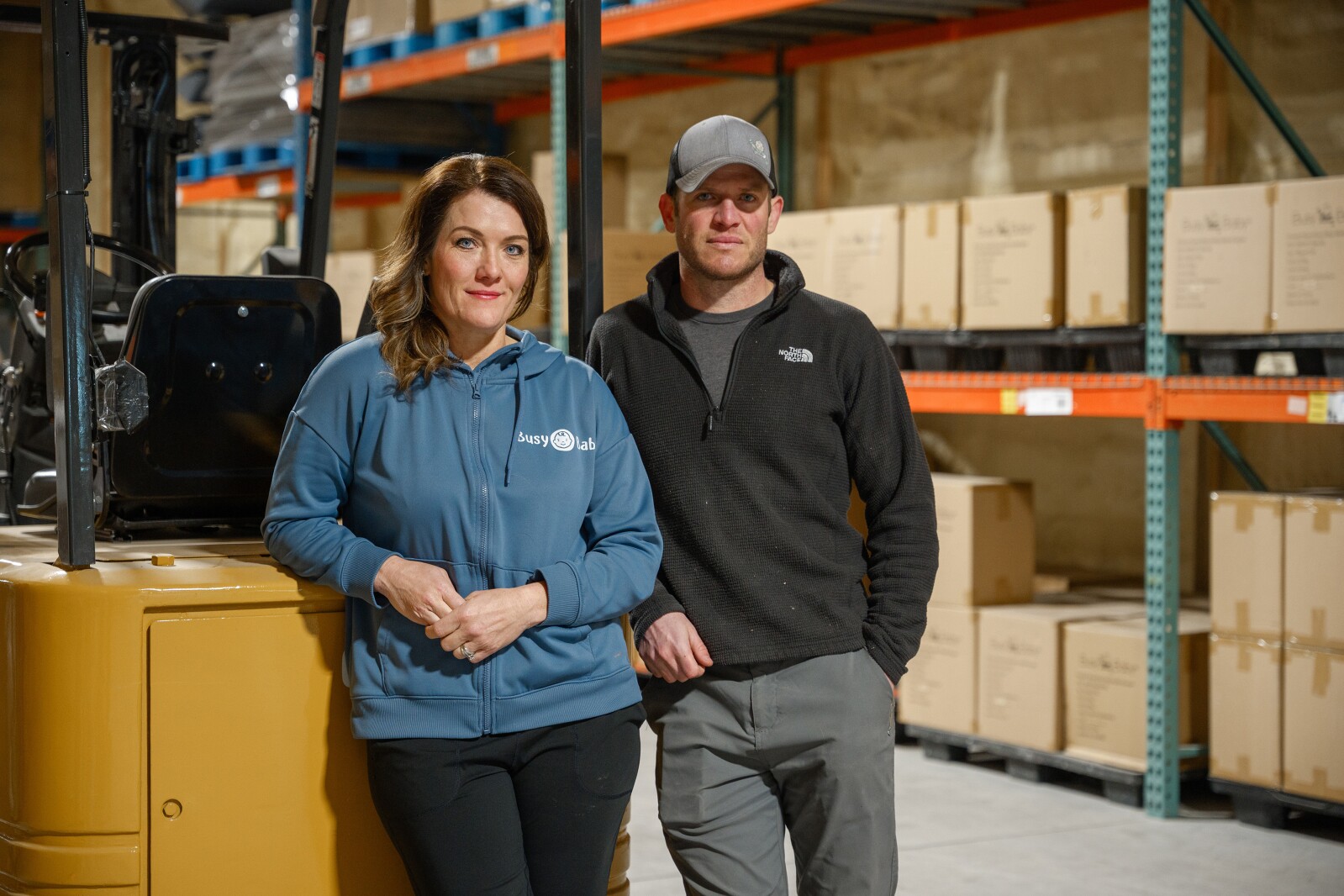
The Quiet Crisis Crushing Small Businesses: One Woman’s Story
The American dream, often portrayed as a path paved with entrepreneurial spirit and unwavering hard work, is facing a significant roadblock. For many small business owners, the reality isn’t the idyllic picture painted in textbooks. It’s a relentless struggle for survival, often overshadowed by larger economic forces beyond their control. One such entrepreneur, Beth, based in a small town, embodies this silent struggle. Her story underscores a growing crisis impacting countless small businesses across the nation.
Beth’s company, Busy Baby, produces high-quality baby products, carefully curated to meet the needs of modern parents. Initially, her business thrived on the quality of her goods and her dedication to customer satisfaction. However, the recent escalation of tariffs on imported goods has cast a long shadow over her carefully built success. A significant portion of her manufacturing process relies on materials sourced from overseas, predominantly China. These tariffs, intended to level the playing field, have instead created an uneven playing ground, disproportionately impacting small businesses like Beth’s.
The immediate impact is clear: increased costs. What was once a manageable expense has become a significant burden. The price of raw materials has skyrocketed, forcing Beth to make difficult choices. Passing the increased costs onto consumers isn’t feasible; the market is already competitive, and a price hike could mean losing customers and market share. Absorbing the costs, on the other hand, severely impacts profitability, squeezing her already tight margins.
The ripple effect extends far beyond her bottom line. The uncertainty created by fluctuating tariff rates is a constant source of anxiety. Strategic planning, once a straightforward process, has become a complex guessing game. Beth finds herself constantly adjusting her forecasts, bracing for unpredictable cost increases and struggling to maintain a consistent production schedule. This instability threatens not only the long-term viability of her business, but also the livelihoods of her employees, many of whom are members of her small community.
Beth’s story highlights a broader systemic issue: the disproportionate impact of trade policies on small businesses. Unlike their larger counterparts, small businesses often lack the resources and economies of scale to absorb these sudden cost increases. They have limited access to alternative suppliers and lack the negotiating power to mitigate the effects of tariffs. Their survival often hinges on a delicate balance, easily disrupted by external factors.
The narrative isn’t just about financial struggles; it’s a story of resilience, adaptation, and the unwavering spirit of an entrepreneur fighting to keep her dream alive. Beth’s efforts to navigate this challenging landscape serve as a stark reminder of the vulnerabilities facing countless small businesses across the country. Their voices, often unheard in the grand scheme of national policy discussions, need to be amplified. Their struggles underscore the need for policies that truly support small businesses, fostering their growth and sustainability, rather than unintentionally jeopardizing their existence. The quiet crisis facing small businesses needs to be acknowledged, addressed, and ultimately resolved to ensure a healthy and vibrant American economy. Beth’s story is a call to action, demanding a more nuanced approach to trade policies that considers the real-world impact on the very backbone of our nation’s economic engine.



Leave a Reply